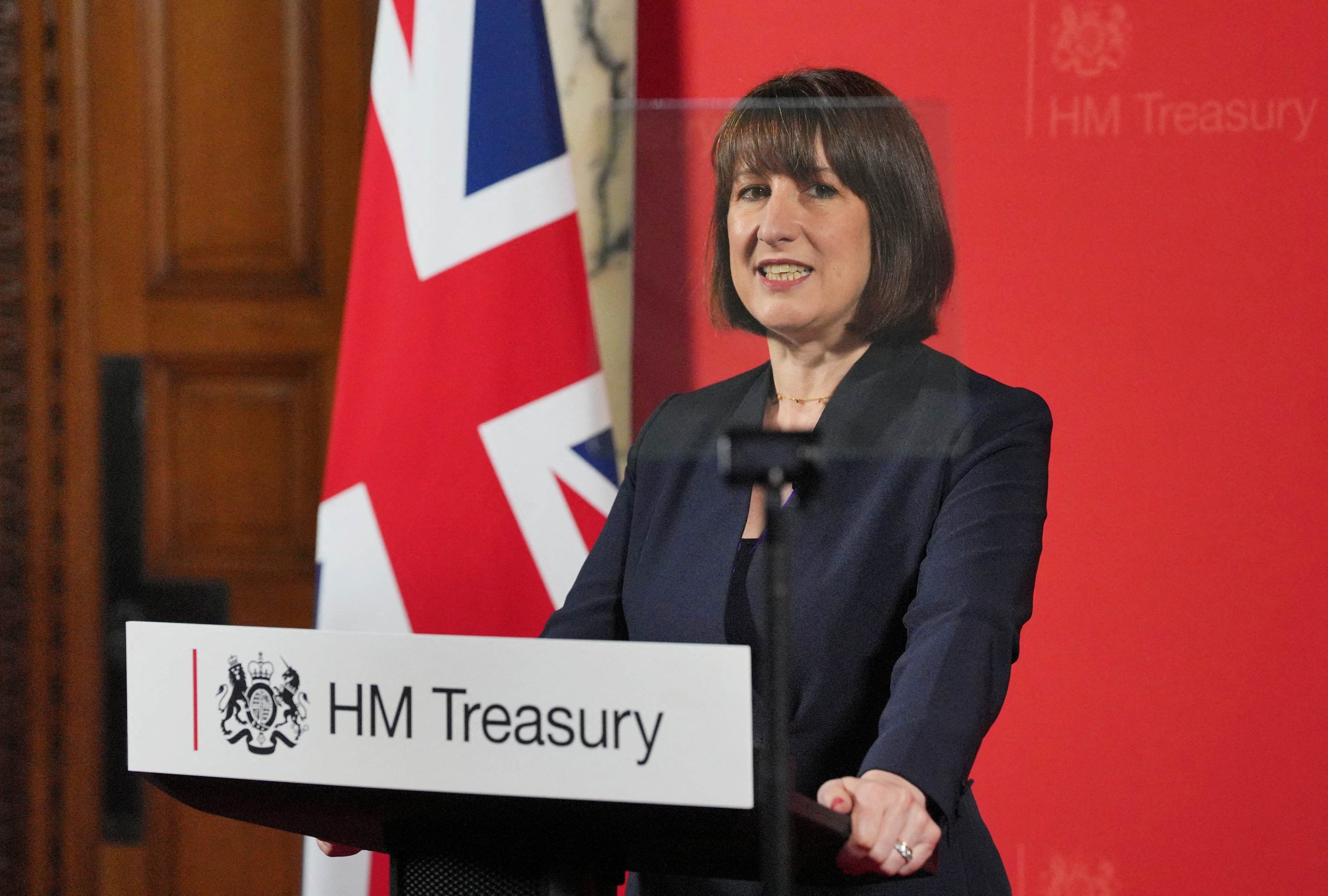Rachel Reeves is poised to announce significant above-inflation pay rises for millions of public sector workers next week, a major policy shift after over a decade of austerity. The chancellor is anticipated to endorse the recommendations from public sector pay review bodies, which have proposed a 5.5% increase for NHS and teaching staff, with similar recommendations likely for other public sectors such as the armed forces, police, and prison officers.
This move, which economists estimate could cost up to £10 billion, aims to address declining wages, staff shortages, and potential industrial action.
Reeves will use the announcement to argue that the Conservative government’s economic legacy has left the current administration with a substantial £20 billion black hole. Despite the challenging economic environment, she contends that the pay rises are necessary to mitigate the economic disruptions caused by strikes during the previous administration.

Reeves to Announce Major Public Sector Pay Rises as Economy Faces Strain
The analysis from Treasury officials reveals that the strikes in 2022 and 2023 had a significant economic impact, with teachers’ strikes alone costing £300 million per day and NHS strikes totaling £1.7 billion in lost productivity.
The cost of these pay increases was not fully accounted for in current spending plans, leading to potential adjustments in fiscal rules or tax increases to cover the expense. Reeves had previously been cautious about committing to pay raises before reviewing the financial situation but has recently suggested that accepting the pay bodies’ recommendations might be necessary to prevent further economic and productivity losses.
Amid ongoing negotiations with junior doctors and pressure from unions, Reeves is expected to confirm the budget date and outline immediate priorities, including asylum system pressures, prison capacity, welfare, defense, and local councils. Economists predict that the forthcoming Treasury review will reveal unsustainable spending plans, potentially necessitating substantial public service cuts.
To address the additional financial strain from the pay rises, the government may explore various taxation changes. The Institute for Fiscal Studies estimates a 5.5% pay increase would cost around £10 billion. Labour is considering measures such as increased capital gains tax and stricter inheritance tax rules to generate revenue.
Despite ruling out hikes in VAT, income tax, or national insurance, Labour is evaluating other options to balance the budget and address public sector needs, with union leaders advocating for more investment in infrastructure and services.
